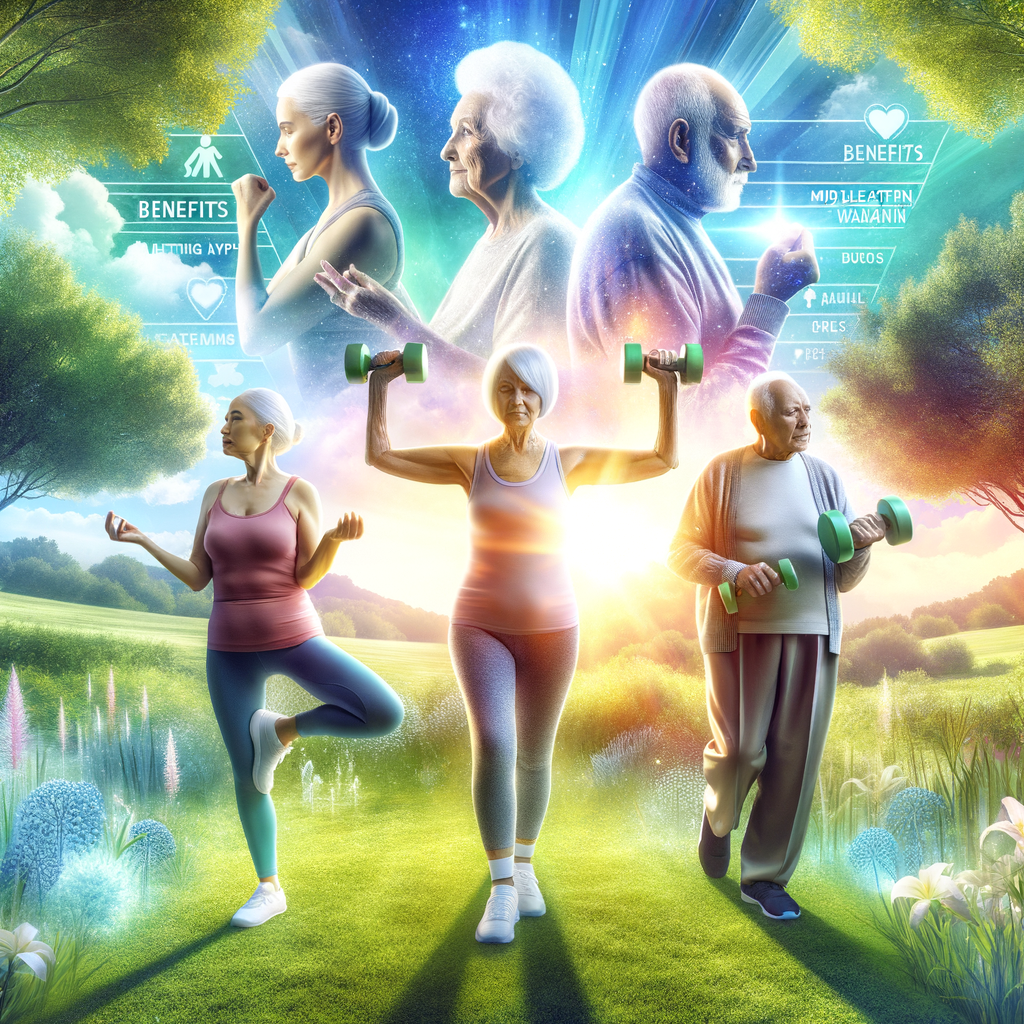The Importance of Exercise for Ageing Adults
As individuals age, maintaining an active lifestyle becomes increasingly crucial. Exercise plays a vital role in preserving physical health, enhancing mental well-being, and improving the overall quality of life for ageing adults. This blog delves into the significance of exercise for this demographic, highlighting its numerous benefits, types of recommended exercises, and advice on how to incorporate activity into daily routines.
Understanding the Benefits of Exercise
The benefits of exercise for ageing adults extend far beyond mere weight management. Regular physical activity can lead to profound improvements in various aspects of health and well-being. Here are some of the key advantages:
- Improvement in Physical Health: Engaging in regular exercise helps combat chronic ailments such as heart disease, diabetes, and arthritis. It can enhance cardiovascular fitness, increase muscle strength, and improve flexibility.
- Mental Well-being: Physical activity has been shown to reduce symptoms of anxiety and depression. The endorphins released during exercise contribute to a more positive outlook on life.
- Cognitive Function: Regular exercise has been linked to better brain health, including improved memory, attention, and cognitive flexibility. This is particularly beneficial for ageing adults at risk of cognitive decline.
- Social Engagement: Participating in group exercises or classes can enhance social interaction, reducing feelings of isolation and loneliness that are common in older adults.
Recommended Types of Exercise
To reap the benefits of exercise, ageing adults can engage in several types of physical activities:
- Aerobic Exercises: Activities such as brisk walking, swimming, and cycling help improve cardiovascular endurance.
- Strength Training: Using resistance bands or weights can bolster muscle strength, which tends to decline with age.
- Flexibility Exercises: Stretching routines, yoga, or tai chi are excellent for maintaining flexibility and balance, reducing the risk of falls.
- Balance Training: Engaging in activities that enhance stability, like dance or balance exercises, can be beneficial in preventing falls.
Tips for Getting Started
For ageing adults looking to incorporate more exercise into their daily lives, the following tips may prove helpful:
- Consult a Healthcare Provider: Before starting any new exercise program, it is essential to consult with a healthcare professional, especially if there are pre-existing health conditions.
- Start Slowly: Gradually increase the intensity and duration of exercise to avoid injury. Engaging in just 10-15 minutes of activity can be an excellent starting point.
- Find Enjoyable Activities: Choosing activities that are enjoyable increases the likelihood of maintaining a consistent exercise routine.
- Create a Schedule: Establishing a regular workout schedule can help ensure that exercise becomes a routine part of daily life.
Conclusion
In closing, the importance of exercise for ageing adults cannot be overstated. Regular physical activity enhances not only physical health but also mental clarity and emotional well-being. By understanding the benefits, embracing various forms of exercise, and following practical tips for participation, ageing adults can lead healthier, more fulfilled lives. As we age, let us not forget that the journey to well-being is paved with movement—an investment that pays dividends in longevity and quality of life.
There you have it… See what works for you…
Campbell M Gold
To Create Health, Wealth, Success, and Longevity through the Power of Your Subconscious Mind, Visit: Campbell M Gold.com
Visit The Store and see what else can be of help

